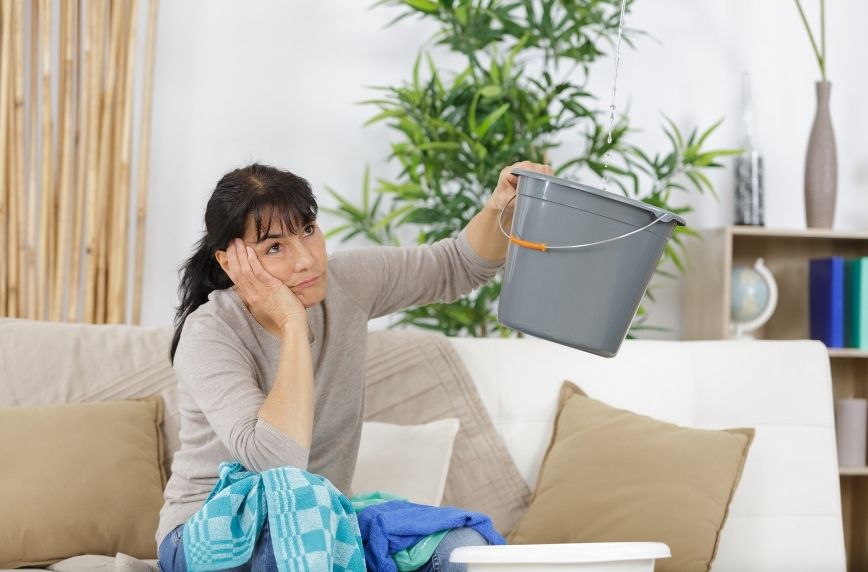Hazards of Heavy Showers: Ways Rain Can Damage Your Home | Billy.com


It’s common knowledge that rain is a vital part of keeping your yard looking its best. However, storms can be a different story. When heavy showers roll through your area, it can exploit any weaknesses that could be scattered about the property—leading to breakage and costly repairs. But in knowing the ways rain can damage your home, you can ensure that you’re prepared for even the harshest of weather. Here are a few things to consider.
Roof Leaks
Your home’s roof bears the brunt of any weather that comes your way. As such, it will be the first thing to develop problems if it isn’t properly prepared for rain. Any cracks or gaps between shingles can easily lead to the formation of leaks—which results in potentially devastating water damage. For this reason, getting your roof inspected every year and getting any issues addressed is the key to success.
Landscaping Issues
Heavy rain also tends to pose a risk for your yard and any plants you might have in your garden. When dirt becomes fully saturated, it can no longer absorb water quick enough to keep up with a storm. This causes low-resting sections of ground to soften and, eventually, flood. Fortunately, by knowing where these spots are on your property, you can use new drainage methods to direct that water away from them.
Flooding
Another way rain can damage your home is by penetrating your foundation and flooding the lower floors indoors. If water collects closer to the home, it’s much easier for it to find any small cracks or crevasses and seep in. Believe it or not, these issues are more commonly the result of gutter performance problems. Therefore, finding ways to improve your gutter’s drainage capabilities will work to your benefit.
Cracked Siding
Rain has been known to have its share of effects on siding as well. This is due to the fact that wind can knock certain sections loose—leaving these areas prone to extensive water damage. Should rain hit the house with enough force, it can cause water to collect in the gaps between panels. As such, one of the best things you can do for your home is to keep your siding maintained and replace any sections that appear weakened.
